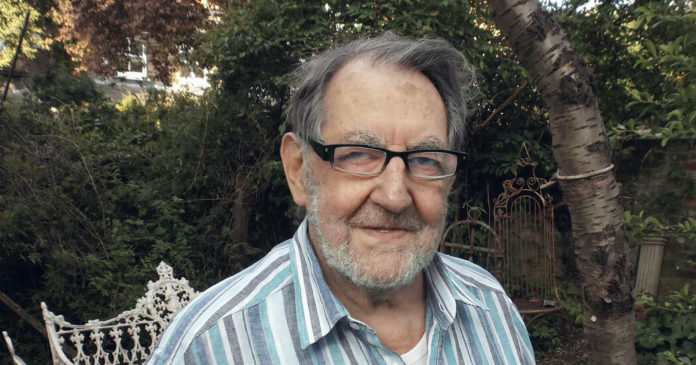
Joseph Adolph Sonnabend was born on Jan. 6, 1933, in Johannesburg and grew up in Bulawayo, in what was then Rhodesia.
His mother, Fira, who grew up in Russia and studied in Italy, was a family doctor, one of the first Western-trained female physicians in Rhodesia and a champion of birth control. His father, Heinrich, originally from Germany, was a professor of psychology and sociology. They filled the house with art and music — including piano lessons for Joseph — and shared a commitment to social and racial justice.
Joseph graduated from the University of the Witwatersrand in Johannesburg in 1956 and from the Royal College of Physicians in Edinburgh in 1961.
He trained at the National Institute for Medical Research in Mill Hill, a suburb of London, working with colleagues who made important discoveries involving interferons, naturally occurring proteins that interfere with viruses.
Moving to New York, he continued that research at the Mount Sinai School of Medicine and at the SUNY Downstate Medical Center in Brooklyn. He moonlighted with the New York City Health Department, where he tracked outbreaks of sexually transmitted diseases.
When he opened his clinic and began treating people with AIDS, the co-op board in his building sought to evict him, saying that having AIDS patients troop through the lobby would lower property values. Dr. Sonnabend and five of his patients sued and won what became one of the first AIDS-related civil rights cases.
After 35 years in New York, he retired and moved to London.
Complete information on Dr. Sonnabend’s survivors was unavailable. He was briefly married and had two sons from other relationships. His sister, Yolanda Sonnabend, a renowned stage designer, died in 2015.






